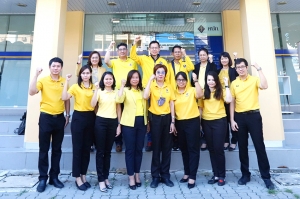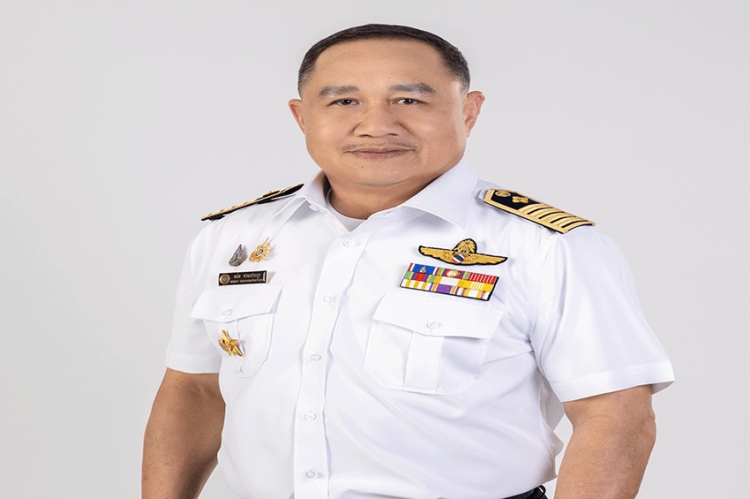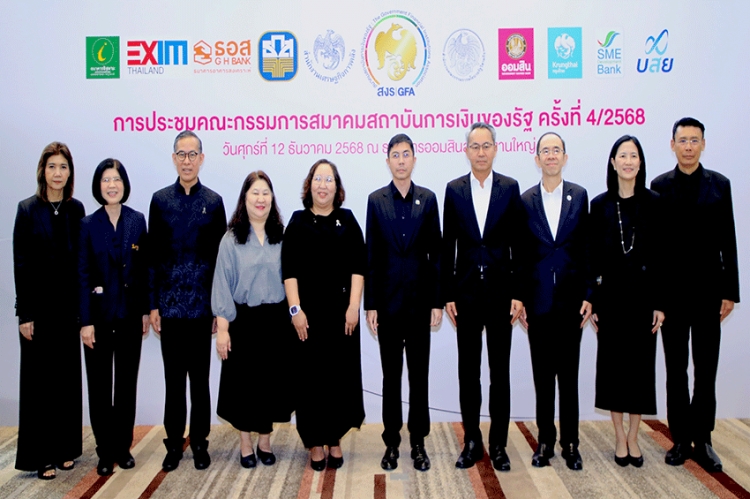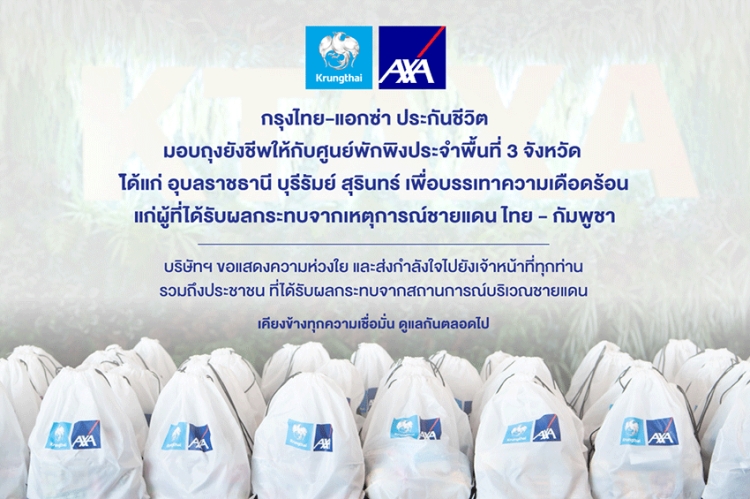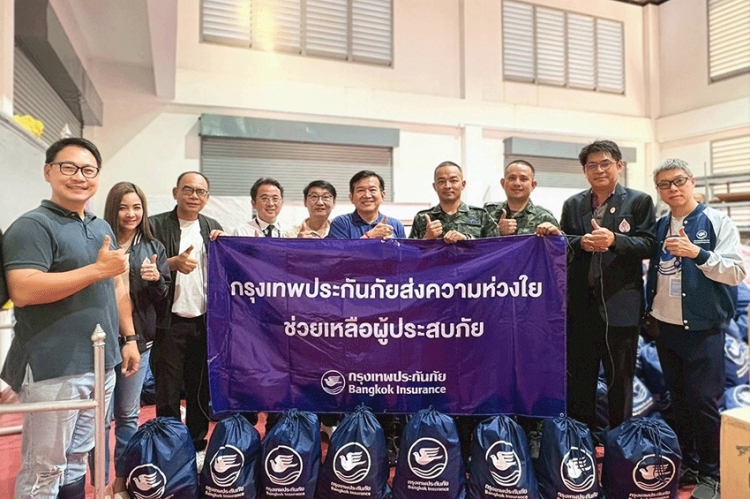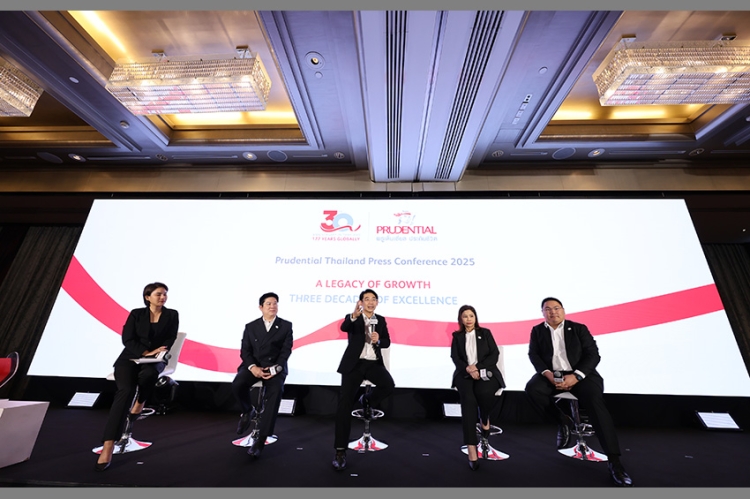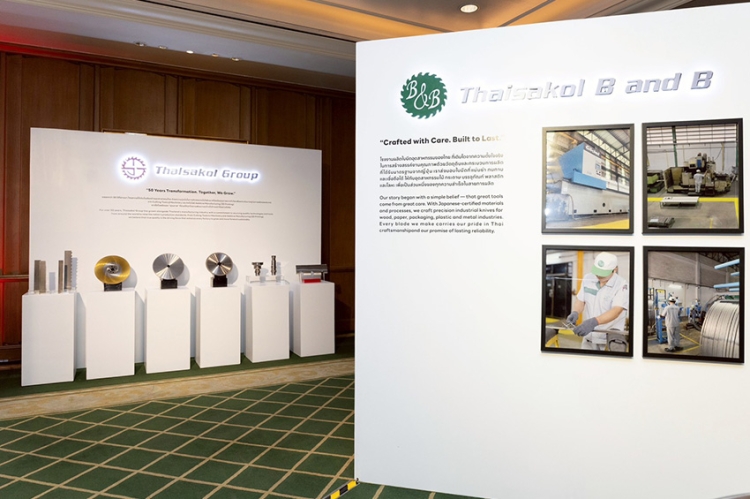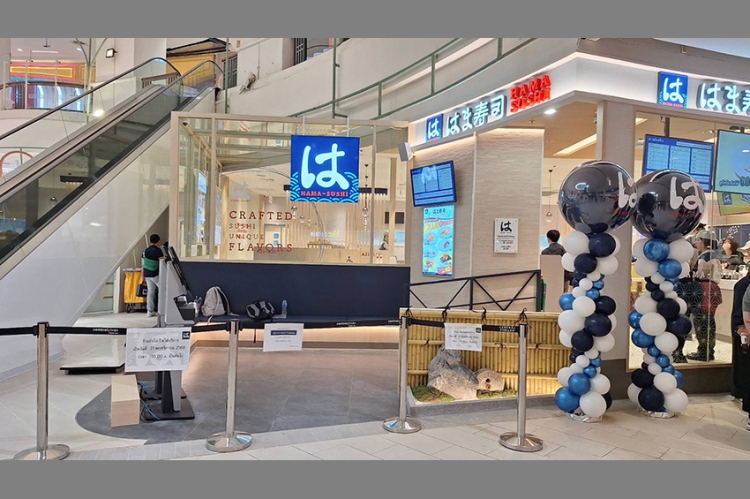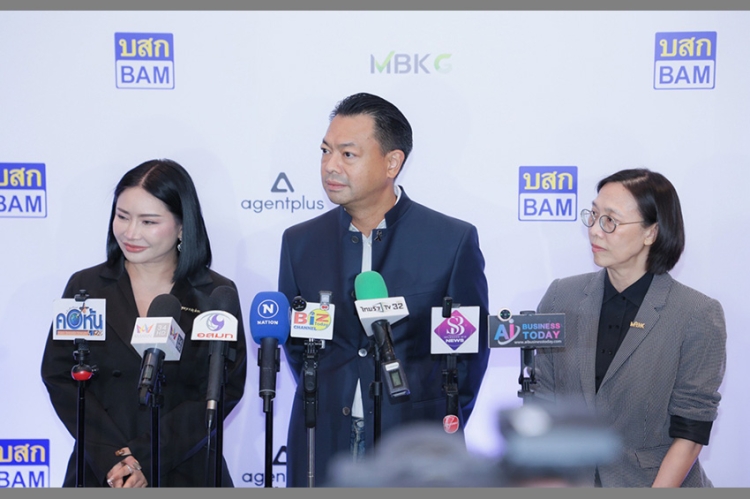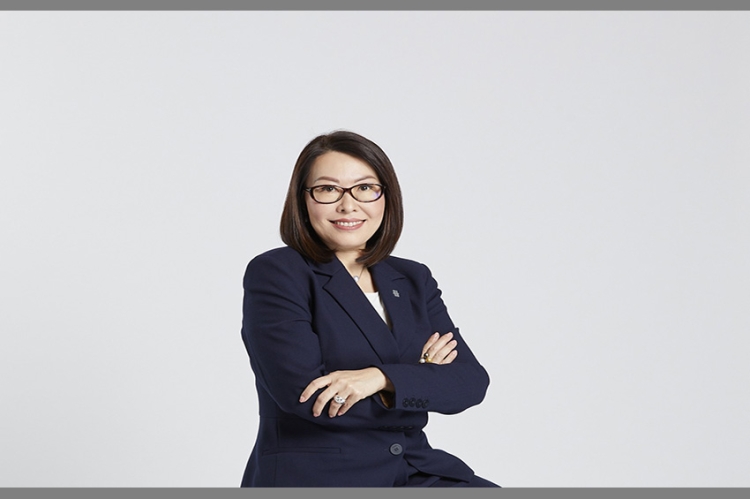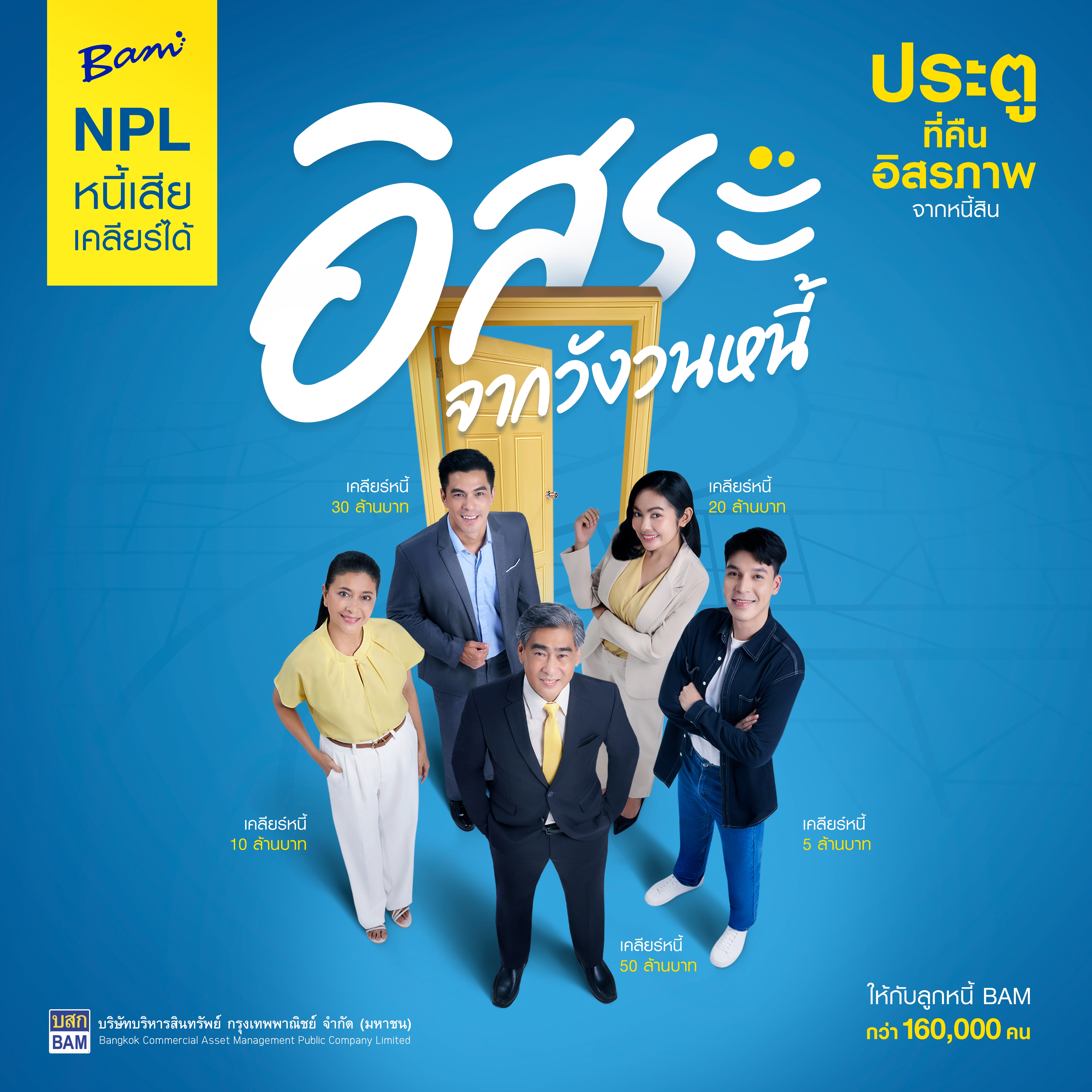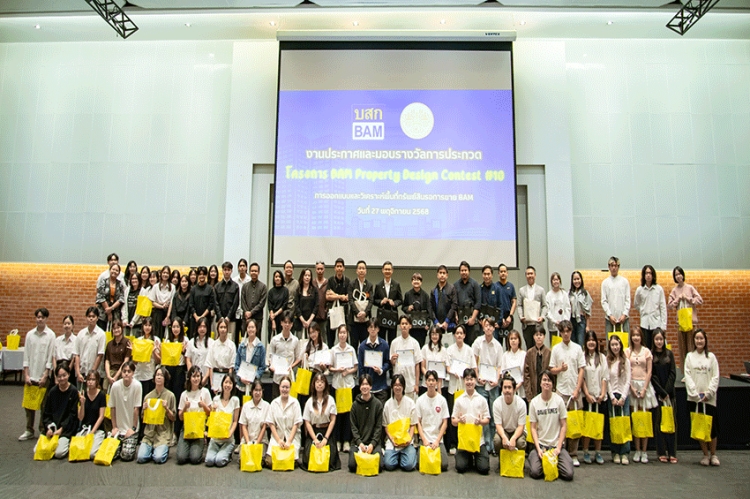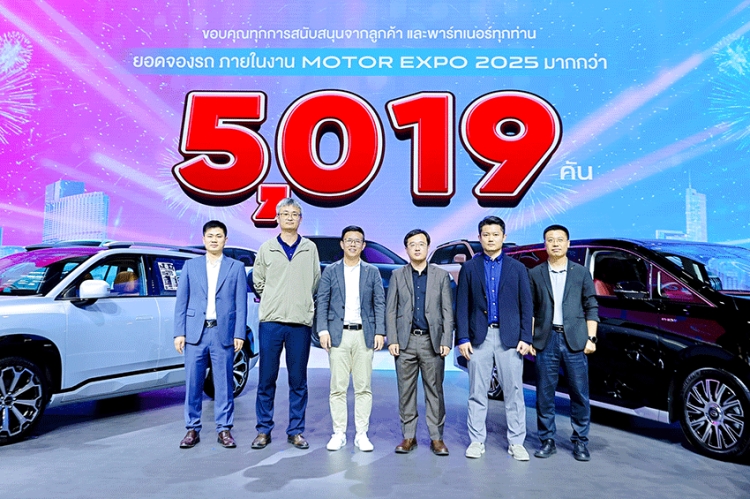
An estimated 262 million primary and secondary-aged children and youth are still out of school. Refugees, migrants and ethnic minorities are among those who face the worst discrimination, affecting both their right to go to school and their rights within schools.
To address this situation, the British Council partnered with the Asia-Pacific Multilingual Education Working Group to organize “The Inclusion, Mobility and Multilingual Education Conference: Exploring the Role of Languages for Education and Development”. The conference attracted over 400 participants from more than 30 countries, drawn from the ranks of development organizations, academia, and grass-roots activists.
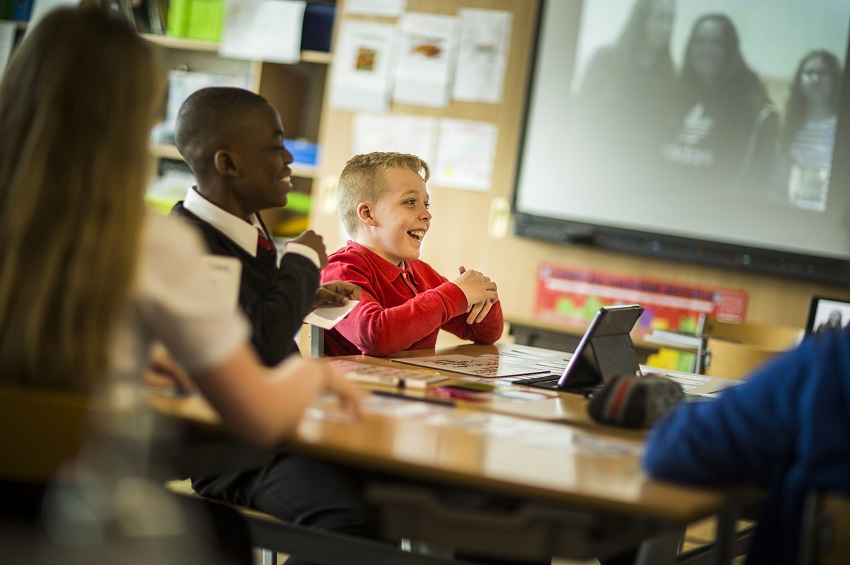
There were discussions on globalization and the rapid changes it has brought to our lives, posing enormous challenges in the social, political, cultural, economic and environmental dimensions. These challenges call for collective action at the global, regional and national level to ensure all children can learn. More than 100 innovative cases were presented to enrich knowledge on improving the quality of multilingual education for all learners.
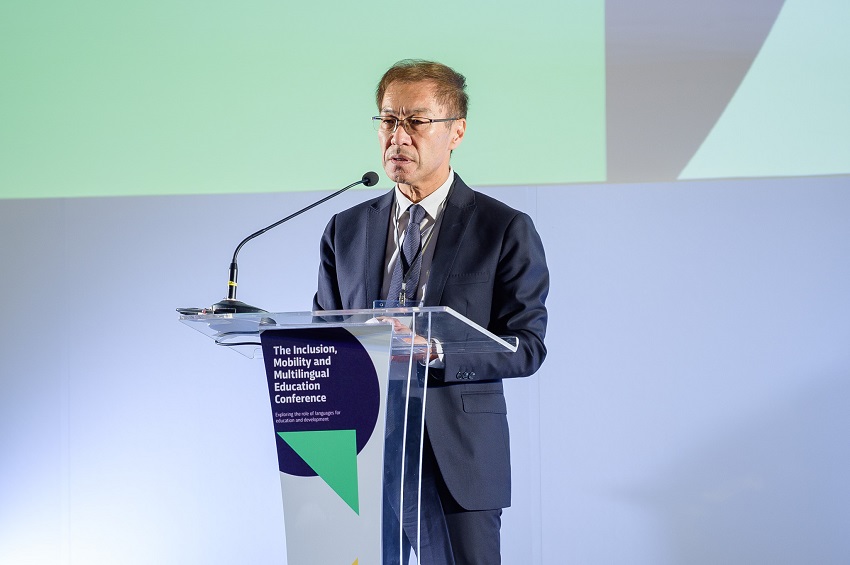
The 2030 Agenda for Sustainable Development, with its focus on leaving no one behind, provides a unique opportunity to build more inclusive and equitable societies. Mr Shigeru Aoyagi, Director of UNESCO Bangkok, stated that “greater inclusion of youth and adults with limited literacy skills in education and society cannot be achieved without considering their profile and background, including their languages. We need to make policies and practices more linguistically and culturally relevant, enriching multilingual literate environments and exploring the potential of digital technology.”
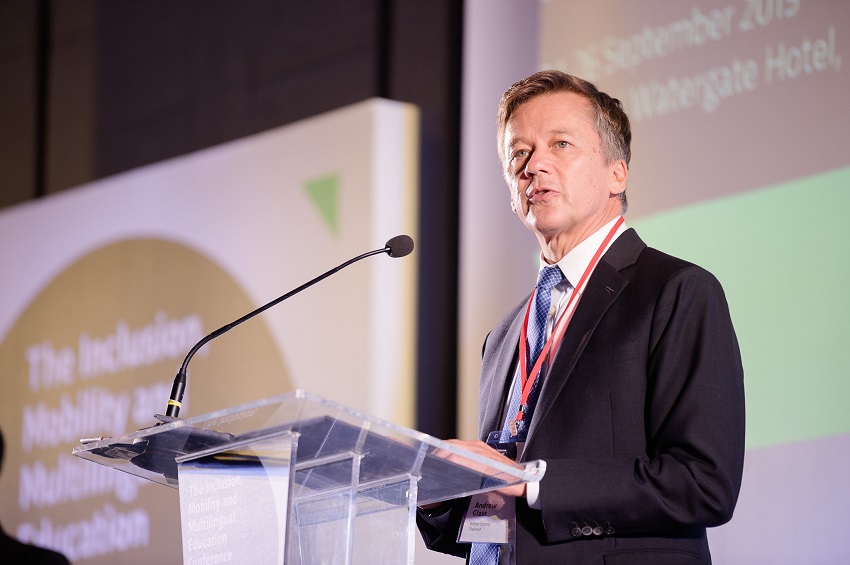
Multilingual education prepares learners for the challenges of the 21st century by exploring diverse identities and cultures. “Language sustains cultural diversity, connects people and cultures, aids understanding and builds trust. Working in over 100 countries across the world, the British Council has considerable experience of programmes covering inclusion, mobility and education.” said Mr Andrew Glass OBE, Cluster Lead of the British Council South-East Asia and Director of the British Council in Thailand.
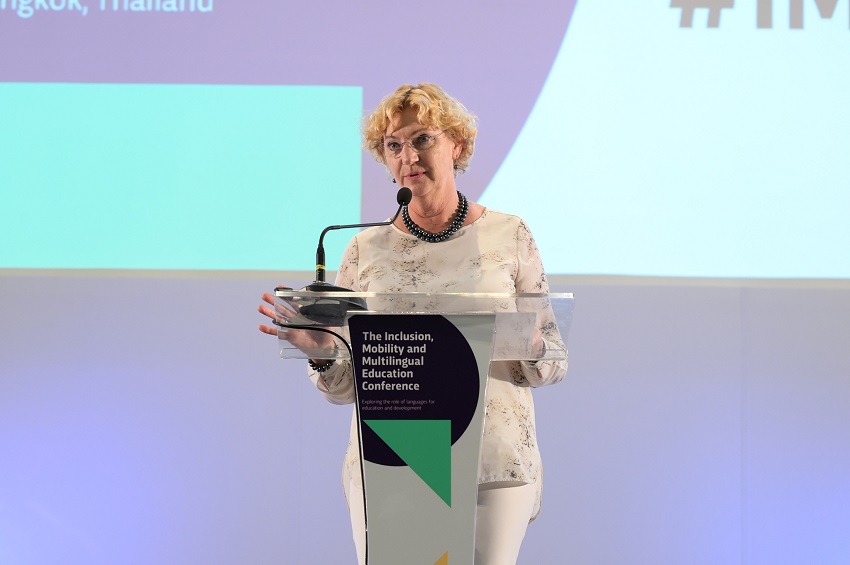
Many children are enrolled in school but are not learning because they cannot understand the language being spoken. Good policies and programmes can build bridges to end intolerance and discrimination. “I believe that all children have the right to dream…to dream in their mother tongue and in all the languages they love.” said Ms Karin Hulshof, UNICEF Regional Director, East Asia and Pacific.






